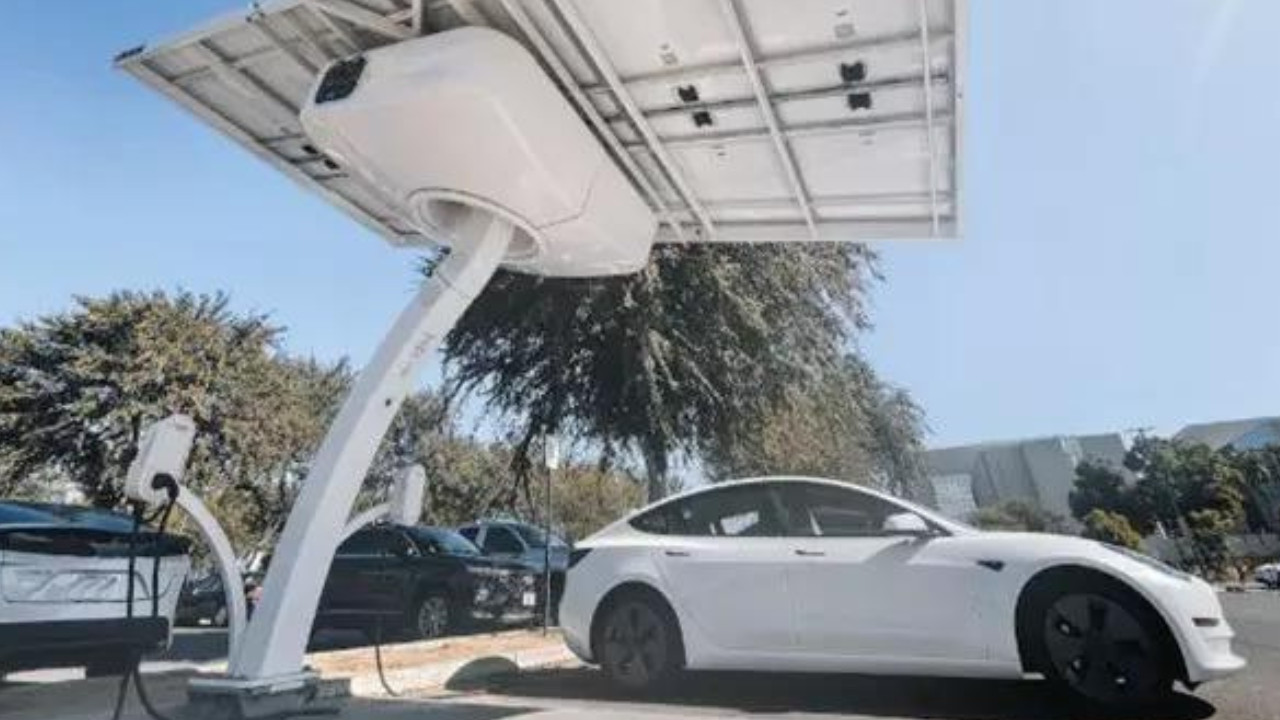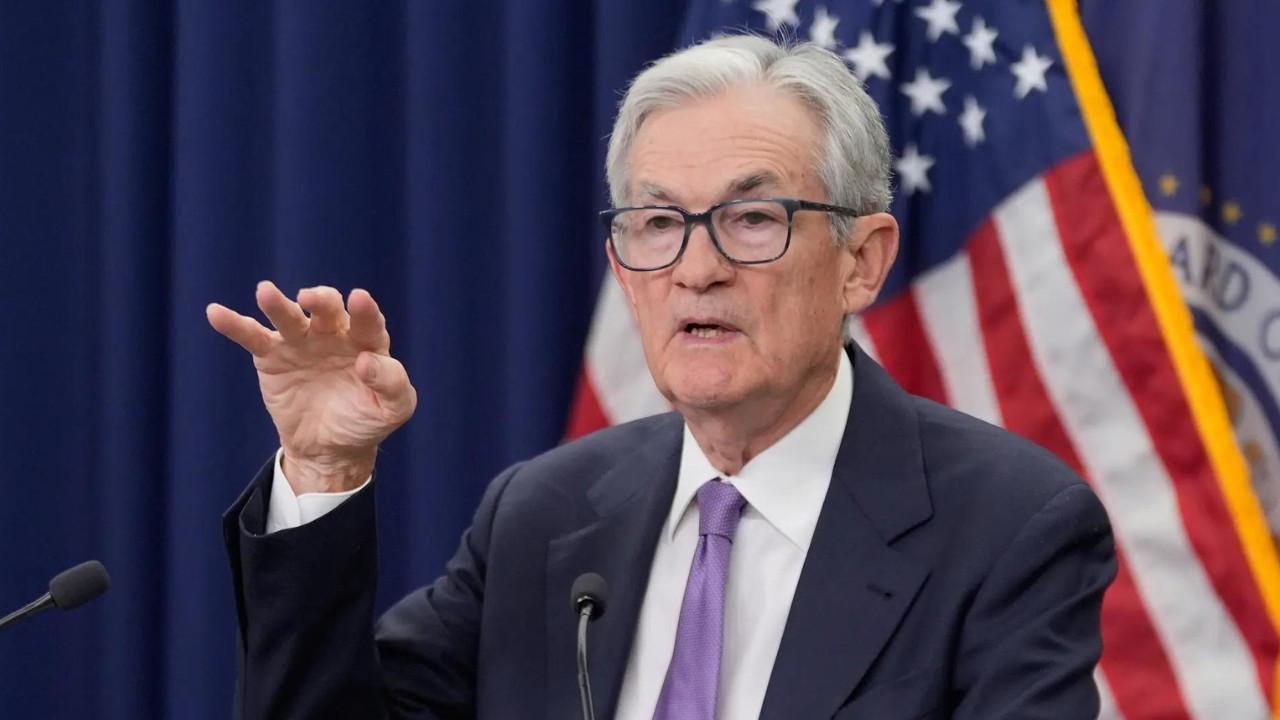The Electric Revolution Accelerates: Are EVs Finally Hitting Their Stride in India?
For years, the promise of electric vehicles has been a tantalizing glimpse into a cleaner, quieter, and ultimately more sustainable future for India’s roads. Now, it feels like that future is rapidly approaching. Recent figures released by the Federation of Automobile Dealers Associations (FADA) paint a vibrant picture: Electric vehicle sales in India soared by a remarkable 29% in June, reaching an impressive 1.8 lakh units. This isn’t just a blip on the radar; it’s a powerful surge indicating a real shift in consumer behavior and a maturing EV market.
But what’s driving this electrifying momentum? Several factors are converging to create a perfect storm for EV adoption.
Government Incentives: A Powerful Catalyst for EV Sales
The government’s commitment to promoting electric mobility is undeniable. Subsidies, tax breaks, and other financial incentives significantly reduce the upfront cost of EVs, making them more accessible to a wider range of buyers. These policies effectively bridge the price gap between traditional internal combustion engine (ICE) vehicles and their electric counterparts. Beyond direct financial assistance, government initiatives are also focused on building out the essential charging infrastructure, addressing a key concern for potential EV owners. This infrastructure investment is key to alleviating range anxiety and encouraging broader adoption, especially in Tier 2 and Tier 3 cities.
A Growing Awareness and Appetite for Change
The increasing awareness among Indian consumers about the environmental benefits of EVs is playing a crucial role. Air quality concerns, particularly in urban areas, are prompting many to consider EVs as a viable solution. Beyond environmental consciousness, the lower running costs associated with EVs – primarily due to cheaper electricity compared to petrol or diesel – are a major draw. Early adopters have paved the way, sharing their positive experiences and debunking common myths surrounding EV ownership. This word-of-mouth marketing, combined with targeted awareness campaigns, is steadily shifting public perception.
The Expanding Landscape of Electric Vehicle Options
Gone are the days when the EV market was limited to a handful of models. Today, consumers have a significantly wider range of choices, from electric scooters and motorcycles to electric cars and even buses. Major automakers are investing heavily in developing and launching new EV models tailored to the Indian market, with a strong focus on affordability and practicality. This increased competition is not only driving down prices but also fostering innovation, resulting in vehicles with longer ranges, faster charging times, and enhanced features.

Challenges Remain, But the Trajectory is Clear
Despite the impressive growth, the road to complete electrification isn’t without its bumps. Range anxiety, limited charging infrastructure (particularly in rural areas), and the higher initial purchase price remain significant hurdles. The availability of skilled technicians for EV maintenance and repairs also needs to be addressed. Furthermore, ensuring a stable and affordable supply of lithium and other critical battery materials is crucial for the long-term sustainability of the EV industry.
However, the momentum is undeniable. The increasing sales figures, coupled with ongoing government support, technological advancements, and growing consumer awareness, suggest that the electric revolution in India is well underway. While challenges remain, the pace of innovation and the collective commitment of government, industry, and consumers indicate a future where electric vehicles play an increasingly dominant role on Indian roads. The surge in EV sales signals a significant turning point, marking a shift towards a cleaner, more sustainable transportation ecosystem.
[Internal Link to a related article on electric vehicle infrastructure].
In conclusion, the Indian EV market is experiencing a period of dynamic growth. The factors driving this growth are multifaceted, ranging from supportive government policies to increased consumer awareness and a wider array of available models. While challenges persist, the overall trajectory points towards a future where EVs are not just a niche segment but a mainstream mode of transportation. The recent surge in sales serves as a powerful indicator of this evolving landscape, solidifying the electric revolution’s foothold in India.







